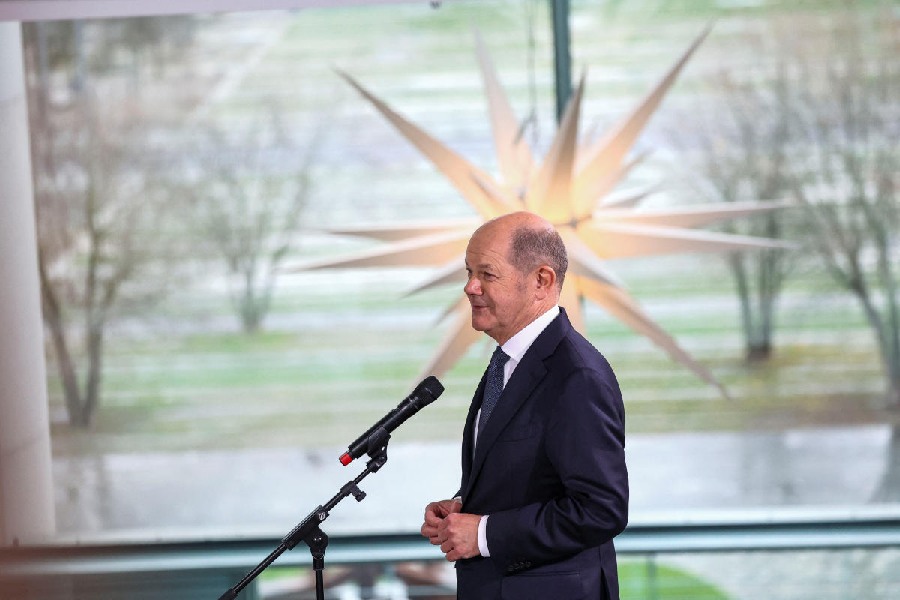German voters have thrown out their incumbent government in a landmark election that suggests the growing acceptance of anti-Establishment parties on the Left and the Right and portends escalating tensions within the country, in Europe, and between the continent and the United States of America. The mainstream conservative party, the Christian Democratic Union, and its sister party, the Christian Social Union, have emerged as the largest front in the election, winning more than 28% of the vote. But the biggest gainer is the far-Right Alternative for Germany, which doubled its 2021 vote share, securing over 20% of the popular support. That is the largest mandate for a far-Right grouping in Germany since World War II and it positions the party as a major policy influencer in Europe’s largest economy. While Germany’s likely next chancellor, Friedrich Merz of the CDU, has ruled out an alliance with the AfD, he sought and received the party’s votes to push through a bill in January that restricts the entry of migrants into the country. Meanwhile, the AfD has the support of one of the world’s most powerful men — Elon Musk, who is also an ally of the US president, Donald Trump. Mr Musk’s public endorsement of the AfD ahead of the election drew criticism from Berlin, but the party’s gains are likely to only expand that partnership with Mr Trump in power.
If Mr Merz is able to stitch together a coalition with the defeated Social Democrats of the outgoing chancellor, Olaf Scholz, they can form a government where the allies will be aligned on backing the European Union and on supporting Ukraine in the war against Russia. But it is unclear what he will need to concede to form such an alliance. As results came in, Mr Merz said that helping Europe gain independence from the US on security would be a priority for him at a time when Mr Trump’s administration has made it clear that it wants the continent to increasingly defend itself. But that is easier said than done, especially with Europe itself deeply divided. If Germany’s Centrist parties continue in business-as-usual mode, they will miss the voters’ message. Not only the AfD but the country’s main Left party, Die Linke, also doubled its vote share. The AfD and Die Linke dominated the youth vote. Young Germans clearly want change. If the country’s next government offers more of the same, the days of moderate German politics might be numbered.










